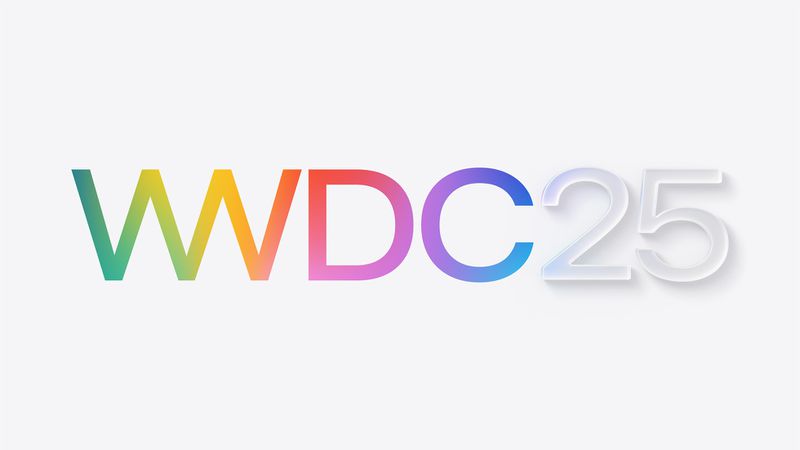Epic Games will use the new Web Distribution feature from Apple to let Fortnite return to the iOS App Store in the U.S. this year. For now, only inside the European Union can developers make their apps available from their websites using this method. Still, Epic says it will return Fortnite to iPhones in the U.S. by 2025.
After years of fighting in court, things have finally shifted between Apple and Epic. The problems started when Apple claimed that Epic introduced its own payment option to Fortnite against their rules in 2020. After Apple pulled the game from its store, the differences between the two companies were argued in court. While the court didn’t give either side a complete victory, it did ask Apple to provide developers with different payment methods.
This summer, Epic hopes to start testing this feature in the U.S. and have it available by the end of next year. Fortnite was brought back to iOS by the EU’s Epic Games Store earlier this month due to the Digital Markets Act, which now allows alternative app stores on Apple’s phones.
While Americans will have to be a bit patient, Fortnite’s return to iPhones helps give users and developers more power over how they use their phones. Epic Games is setting up its own marketplace in South Korea, Japa,n and Australia.




